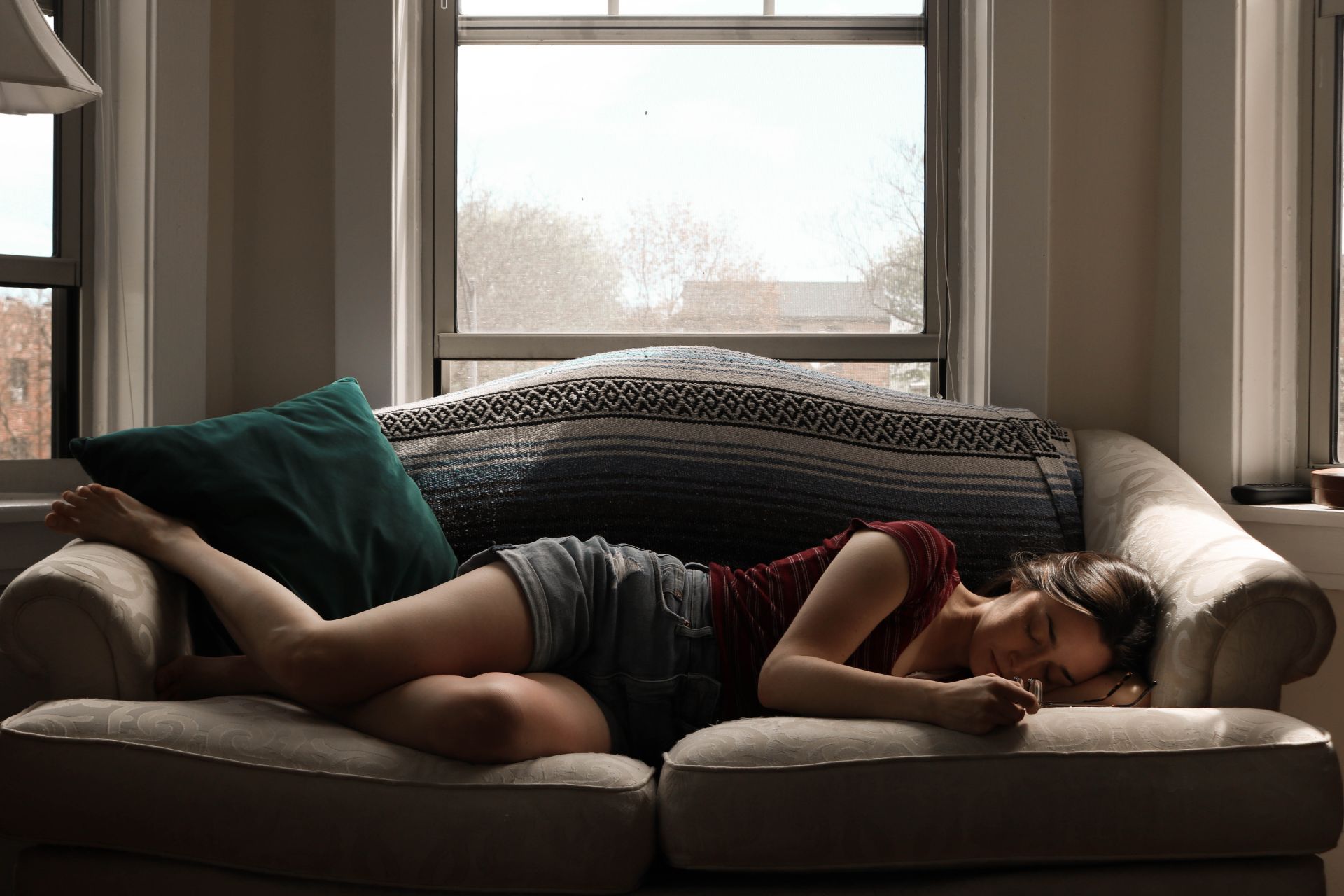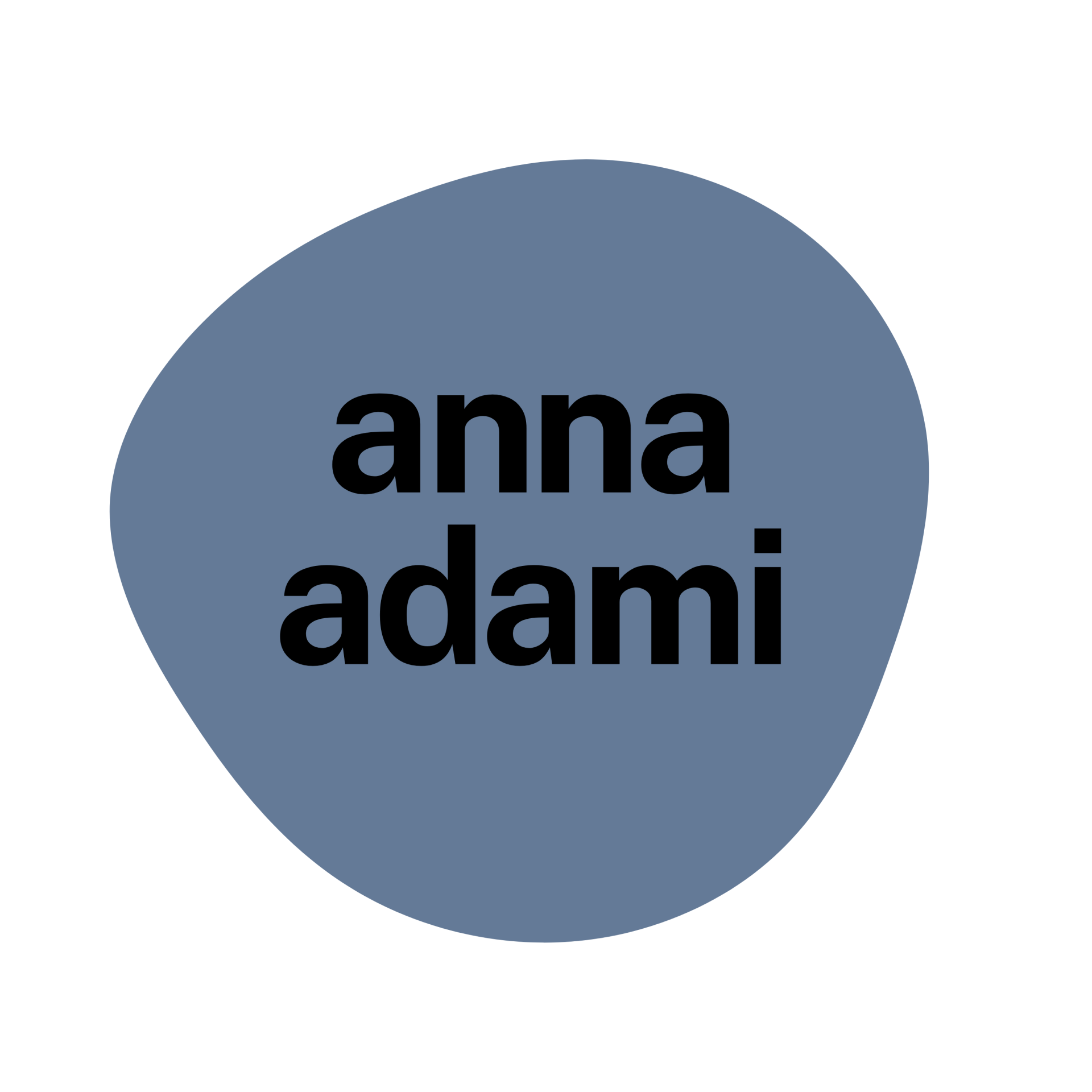The way we practice time in corporate Western culture, at least in the US, can be limiting, body-dismissing, and exhausting. The 8 hour a day, 5 day work week with minimal breaks and minimal vacation time has a subconscious influence even on people who don’t work that same schedule. It sends a message that for 8 hours a day, 40 hours a week +, we should be alert, productive, and income-generating. If not, we are lazy. We are failures. We are wasting our or someone else’s time. This is all well and good for a robot, but what about a human body?
I want to open the door to other options. They exist. And they are delicious, body-affirming, and cyclical.
They are imperative, I believe, for creatives.

About 4 years ago, I started to notice that every day at 2 pm, I lost all motivation. I became sluggish, apathetic, and depressed. My brain felt heavy and slow. Nothing lit me up, and I wasn’t kind to myself about it. What’s wrong with me? I thought. I need to read. I need to write. I need to work.
During my yin yoga training, I learned about the Chinese Body Organ Clock. According to this clock, 2 is the hour of the small intestine. At this time, our bodies sort and absorb food. We are likely to feel low energy and need a nap. Seeing this, I felt externally affirmed in something I knew internally, but dismissed because of my internalized shoulds.
While there’s not yet scientific evidence proving Traditional Chinese Medicine Theory, this two thousand year old method accomplishes something more forward thinking than Western Medicine has ever achieved. It considers the whole person. The unique human and their physiological health are not separate from their social, emotional, and environmental ecosystems. I am in. To. It.
When humans lived more naturally in unison with the land, seasons determined activities. For farmers, there was a time for weeding, for sowing seeds, for pruning, for harvesting, and for gathering. There was a time for weaving, for milling, and for digging. There was a time for work and a time for rest. I have a hunch that our circadian rhythms were developed at this time. Without the ability to see in the dark, dark could not signify work. Only light could. So when it was dark – even just rainy or overcast – our bodies responded with the instinct to get the rest we need. They still do (is my hypothesis).
Women have an internal clock that is powerful and magic. When we try to fit it into the masculine molds of time and productivity, it feels the farthest thing from powerful or magic. Instead, it feels frustrating, inconvenient, and burdensome to ourselves and those around us.
We have four phases:
- Menstrual: Estrogen rises slightly, progesterone dips. We might feel low in energy during this time, but also reflective.
- Follicular: Estrogen and progesterone levels rise, and so energy and motivation do, too.
- Ovulatory: Estrogen and testosterone peak. We are more likely to feel confident, creative, and social.
- Luteal: Progesterone tanks, making us sluggish and often depressed. If you have ADHD like me, you may feel these hormonal shifts at an even more extreme level.
In reality, I don’t always have the power to organize my work life according to the time systems that make sense to my body. Maybe you don’t either.
But I still consider my bodily clocks anyway. They help me to validate what my body already knows is true. If I can't nap at 2, perhaps I can choose not to schedule a meeting. In the winter, I can invite in more yin energy – more rest. In the Spring, I can invite more yang – more activity. Without a choice really, the majority of my decision making and my writing happens during my follicular and ovulatory phases, not during my luteal phase.
What rhythms does your unique body hold? How can you craft your life to honor those rhythms?


